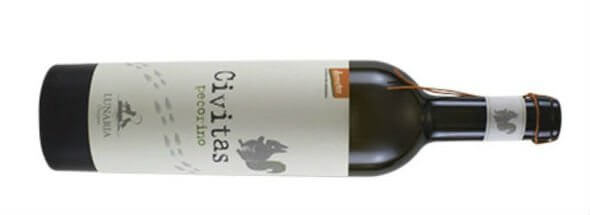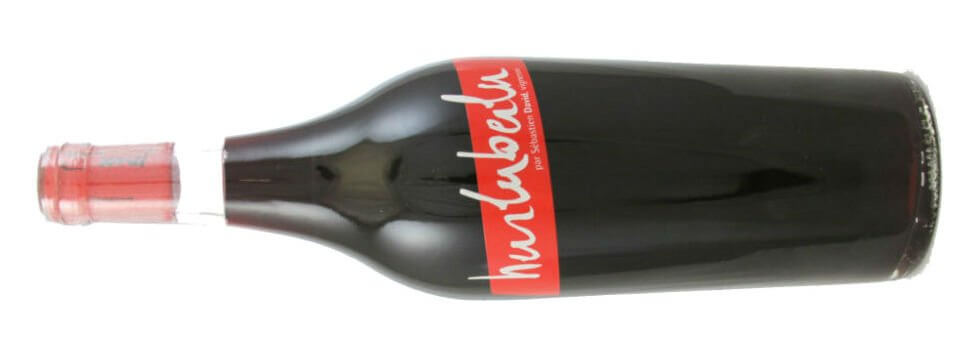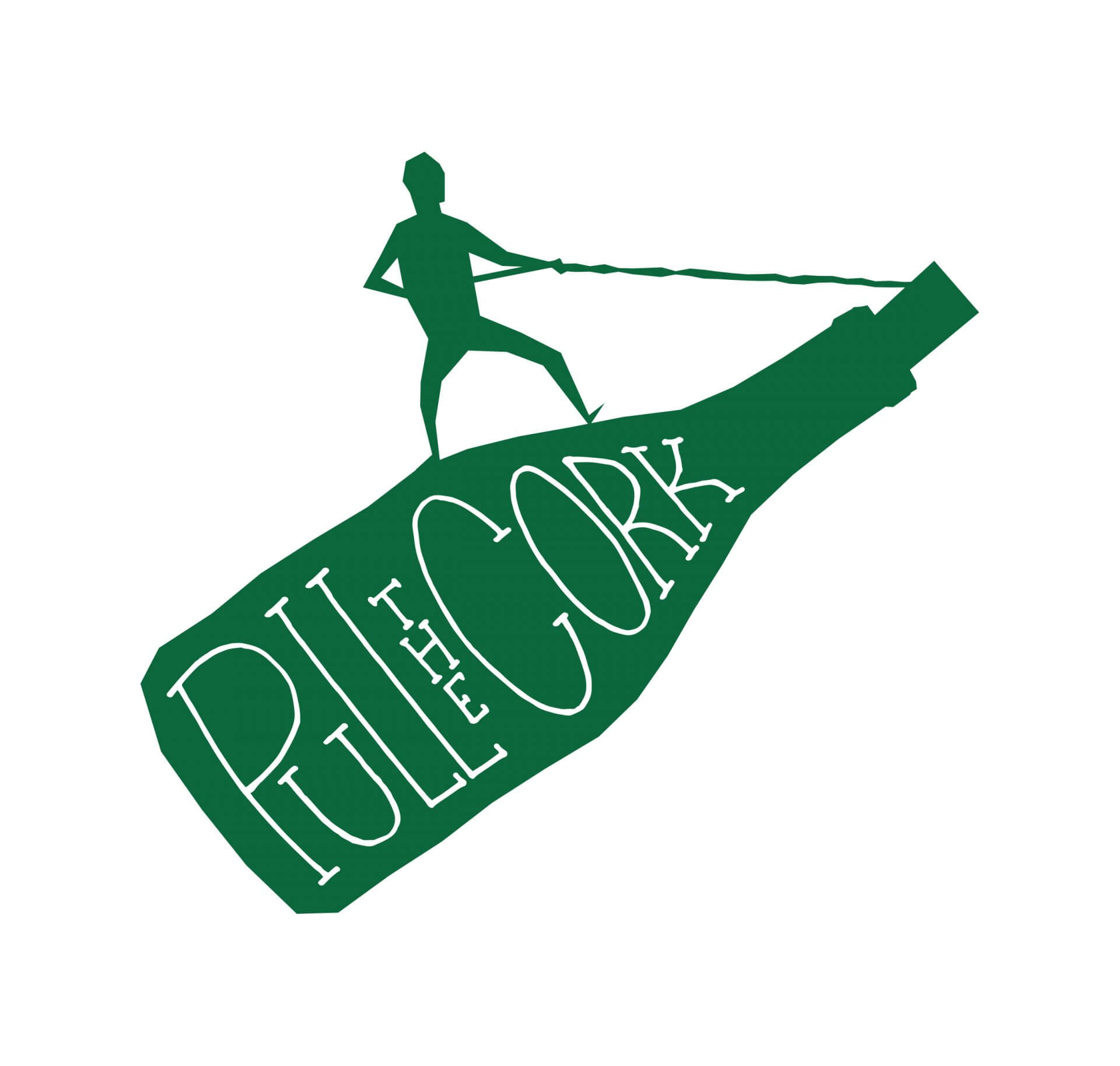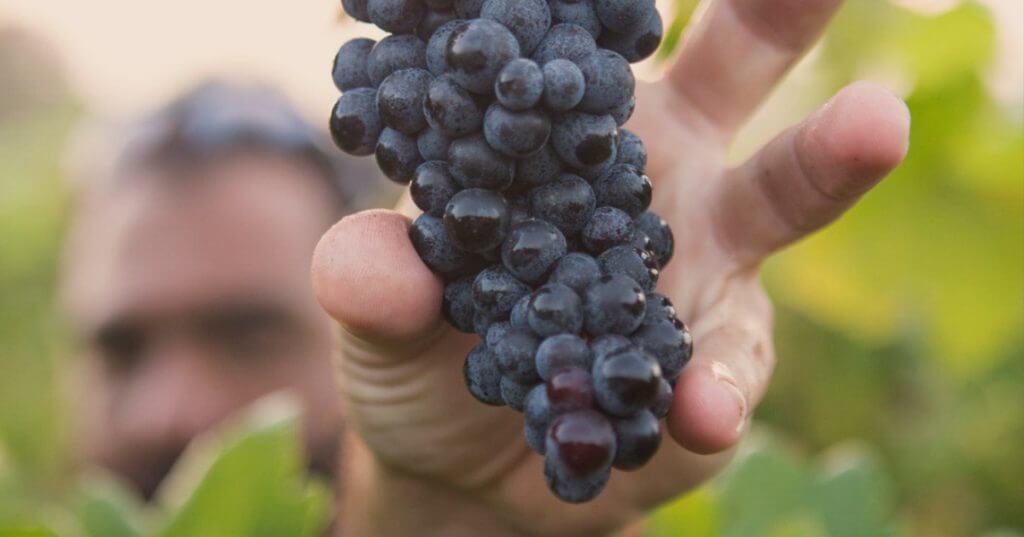Biodynamic Wine, Low Sulphur
The Surprising Secret About Biodynamic Wines
What is the secret about biodynamic wines?
I have to confess to being relatively new to this wine thing. So I was thrilled when Pull the Cork team asked me along to a wine tasting this week in his high-and-low search for wines you’ll love.
And all because, once upon a time, James sold me an £8 bottle of red that relegated the possibility of ever buying a Campo Viejo from Sainsbury’s to the past. But I have needed a guide to take me into unchartered vineyards, and have become in turn a walking talking focus group to Pull The Cork able to give valuable feedback like, “Oh, that’s nice,” or, “Wow, yes, I’d buy that.”
So we joined amazing folk from around the world who were peddling their best offerings, this time at an event in central London. But it was at one table in particular that I learnt a saucy little secret about biodynamic wines.
The dirty little secret of biodynamic wines
We were stood in front of a grower from Spain. He was kind enough to show us an attractive bottle with an unusual label and explained the names of each of his friends that had helped to make it – what grapes, where it was stored, even showed us photos of his cellar. He then poured.
Following James’ example, I put my nose deep into the glass, getting ready to pretend to smell a range of barberries to delicate chocolate petals and bubble bath.
The vineyard owner looked on with a smile, others of his team in doe-eyed anticipated our approval, waiting for that ecstatic cry, “We’ll stock you at once on Pull the Cork!” What I encountered took my breath away. In fact, it was all I could do not to cough. The bouquet had a definite 2 am Lambeth arches post-nightclub uric quality. The taste profile, if drawn as a graph, would look like a psychic lie-detector when a clairvoyant realises they’re demon possessed, and the needle scratches in all directions. I nodded politely with raised eyebrows, turned to the spittoon and relieved myself of the wine.
Afterwards, walking away from over 50 sips from other bottles, I asked James about that particular experience.
“Cor, that wine stank!” I said, assuming James would agree with the subtle observation.
But that was the moment that I learnt an entirely new thing, as James replied, “But that’s because it’s biodynamic, it doesn’t have chemicals added to it.”
I looked about at the grey stonework of the buildings of Piccadilly, felt the press of moving crowds, the hint of diesel fumes, “What?”
A wild adventure ride into biodynamic wines
It turns out that part of the enjoyment of biodynamic wines is getting grape juice in the raw. It’s a little bit like, perhaps, getting to taste goats or sheep’s cheese after a lifetime of cheddar cheese slices.
Now, much of the wine we tasted that was natural or low-intervention this week was fabulous, and I really enjoyed some delicious Chenin Blanc from South Africa with fantastic structural and tonal integrity, and some Kiwi wines that burst with enthusiasm and the promise of views of sea caressed mountains bathed in sun; and indeed much of what is available to buy here doesn’t, thankfully, smell of piss.
But, it is worth noting that Pull the Cork is a wild adventure ride into a new world of tastes and experience. This natural and biodynamic market is doing for wine what Starbucks did in the 1990s for coffee when it dragged us away from instant, or what craft beers are doing for those with a lifelong penchant for Carlsberg.
So do join us off the grid, on this wild adventure ride, and sample something daring and new, delicious and vibrant, and, who knows, like me, you may be in for a rude awakening.
Push the boat out
If you want to try something a little risqué this week, you could try in order below;
Cantina Orsogna Civitas Pecorino – Orsogna is committed to the biodynamic principles by which they make their wine and have many certified Demeter biodynamic wines. Not to be confused with the cheese, this wine takes its name from the Italian word ‘pecora’ meaning sheep. This is due to the fact that local sheep in the region would often eat the grapes whilst walking through the vineyards.
A soft and pleasant wine with aromas of citrus, ripe pear, peach and orange blossom.

Hurluberlu Saint Nicolas de Bourgueil – is produced by Sebastien David and is based in the Loire Valley, in Saint Nicolas de Bourgueil to be precise.
He comes from a long line of winemakers that extends 15 generations, all the way back to 1634. Working with 15ha of Cabernet Franc, that were planted by his grandparents at around the time of the Second World War, Sebastien makes natural wines from fruit that is Ecocert certified and biodynamically farmed. Don’t be fooled, this wine is more than a marketing package stunt! Hurluburlu Saint Nicolas de Bourgueil 2016 looks as if it has just been born, being vermilion-hued, exuberantly fresh, brimming with cherry and cranberry goodness and a lively wriggle of liquorice.
It is sapid, savoury and moreish and delicious served lightly chilled. Goes very well with some grilled meats, a duck breast salad or delicious charcuterie.

Be sure to check out a wide selection of natural red wines on Pull The Cork. Also if you are interested to discover more interesting wines each month, check out the offer for a monthly wine subscription.
For more articles on wine that vary from informing you how many calories in a bottle of wine to helping you understand what are sulphites, make sure to browse our blog.

